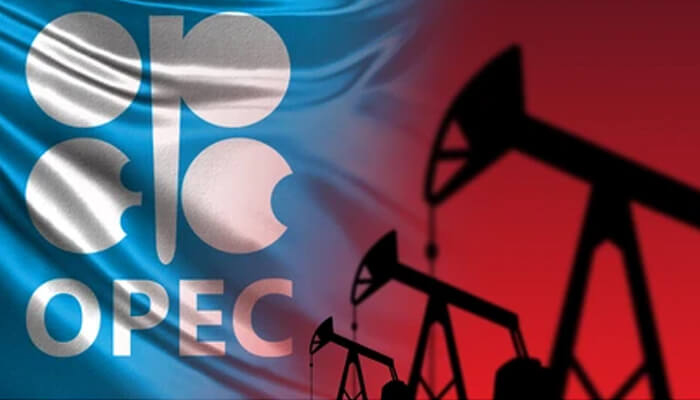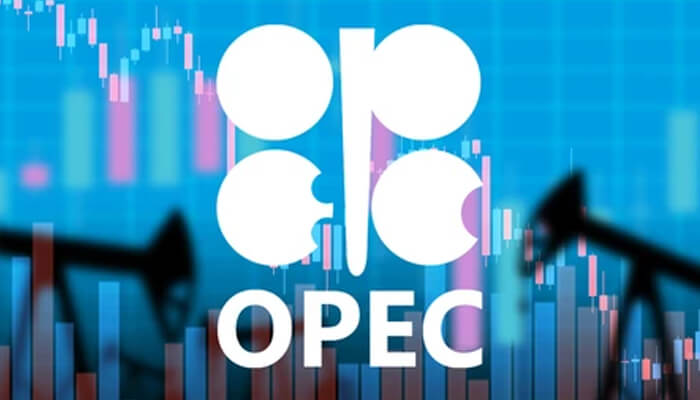Leading OPEC producer Saudi Arabia and other OPEC + oil suppliers surprisingly agreed on additional cuts to oil output of about 1.16 million barrels per day earlier this week. Beginning in May and continuing until the rest of the year, the cuts are voluntary. Explained by our Jim Stenman.
A move that surprised a lot of people. O. L. KLAUS Head of the Dubai Bureau for Energy Intelligence “I don’t think this was truly on the radar of most market actors,”
When the globe is dealing with inflation and a financial meltdown, OPEC+ has decided to reduce output by 1.16 million barrels per day. Qamar Energy’s CEO is ROBIN MILLS. “The basics don’t appear to indicate that a cut is necessary. The cuts come as Turkey’s oil imports from Iraq have been disrupted, Russia has committed to its own cuts, and China’s post-COVID recovery is still strong. These factors all contribute to high oil demand.”
Qamar Energy’s CEO is ROBIN MILLS. In light of everything, it doesn’t seem to me that a cut of this size is necessary or that the marketplace was yelling for one.
O.L. KLAUS Head of the Dubai Bureau for Energy Intelligence “A Saudi energy official defined it as a preventative action that was, you understand, intended to support the integrity of the oil sector. Since its inception, OPEC Plus has, in my opinion, made a point of being proactive. Thus, in my opinion, it must be viewed from that perspective.”
However, the action may have an impact on inflation control tactics. The overall volume of reduction by OPEC+, which also encompasses Saudi Arabia and Russia, is calculated by Reuters to be 3.66 million bpd, or 3.7 percent of global consumption.
Qamar Energy’s CEO is ROBIN MILLS. “They are not included in the type of the broad framework because they are regarded as voluntary reductions. So each member has publicly stated how many barrels every day, on average, they will pick up. And that is interesting since it nearly corresponds to their production ratios.”
While the White House believes Saudi Arabia is acting in its own best interests because it missed the chance to replenish its strategic petroleum resources, Saudi Arabia is considered to be trying to act according to its preferences. The White House contends that lower oil prices endorse growth in the economy at a time of uncertainty for the world.
O.L. KLAUS Head of the Dubai Bureau for Energy Intelligence “Over the last couple of decades, I believe Saudi Arabia has usually been much more proactive in its decision-making on several matters,”
These reductions coincide with Saudi Arabia’s leadership of OPEC+ and the country’s current turn to the East. O. L. KLAUS Head of the Dubai Bureau for Energy Intelligence “particularly to China, one of its principal markets. So, you mean, I, I believe that’s basically what it comes right down to Saudi Arabia doing what’s greatest for Saudi Arabia and what’s good for the oil sector has been its OPEC Plus allies.” This is a pattern that will probably only get worse in the future. UAE, Dubai, and JS.



